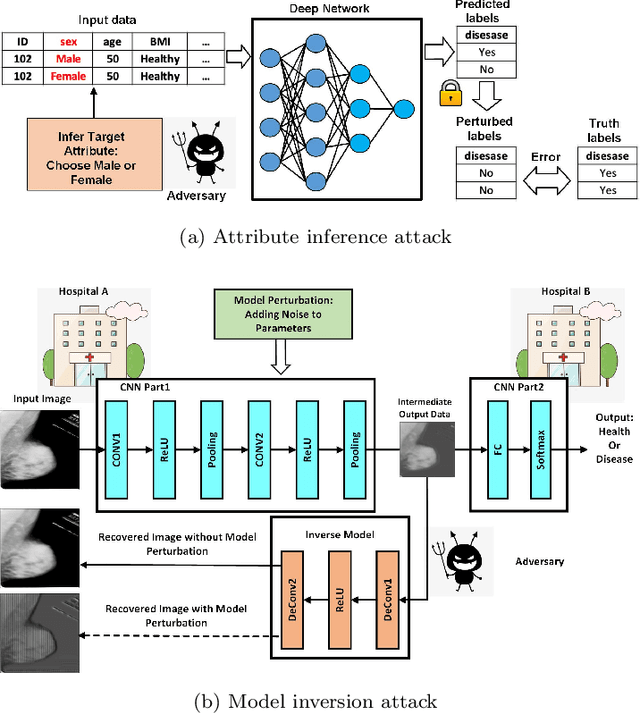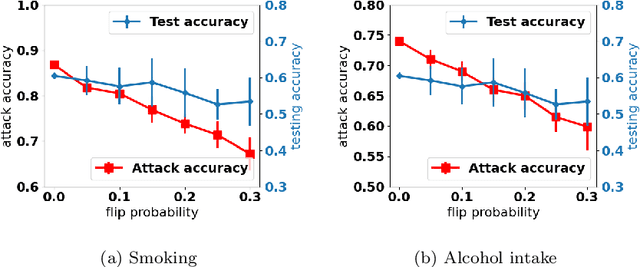Maoqiang Wu
To Talk or to Work: Delay Efficient Federated Learning over Mobile Edge Devices
Nov 01, 2021

Abstract:Federated learning (FL), an emerging distributed machine learning paradigm, in conflux with edge computing is a promising area with novel applications over mobile edge devices. In FL, since mobile devices collaborate to train a model based on their own data under the coordination of a central server by sharing just the model updates, training data is maintained private. However, without the central availability of data, computing nodes need to communicate the model updates often to attain convergence. Hence, the local computation time to create local model updates along with the time taken for transmitting them to and from the server result in a delay in the overall time. Furthermore, unreliable network connections may obstruct an efficient communication of these updates. To address these, in this paper, we propose a delay-efficient FL mechanism that reduces the overall time (consisting of both the computation and communication latencies) and communication rounds required for the model to converge. Exploring the impact of various parameters contributing to delay, we seek to balance the trade-off between wireless communication (to talk) and local computation (to work). We formulate a relation with overall time as an optimization problem and demonstrate the efficacy of our approach through extensive simulations.
Evaluation of Inference Attack Models for Deep Learning on Medical Data
Oct 31, 2020



Abstract:Deep learning has attracted broad interest in healthcare and medical communities. However, there has been little research into the privacy issues created by deep networks trained for medical applications. Recently developed inference attack algorithms indicate that images and text records can be reconstructed by malicious parties that have the ability to query deep networks. This gives rise to the concern that medical images and electronic health records containing sensitive patient information are vulnerable to these attacks. This paper aims to attract interest from researchers in the medical deep learning community to this important problem. We evaluate two prominent inference attack models, namely, attribute inference attack and model inversion attack. We show that they can reconstruct real-world medical images and clinical reports with high fidelity. We then investigate how to protect patients' privacy using defense mechanisms, such as label perturbation and model perturbation. We provide a comparison of attack results between the original and the medical deep learning models with defenses. The experimental evaluations show that our proposed defense approaches can effectively reduce the potential privacy leakage of medical deep learning from the inference attacks.
 Add to Chrome
Add to Chrome Add to Firefox
Add to Firefox Add to Edge
Add to Edge